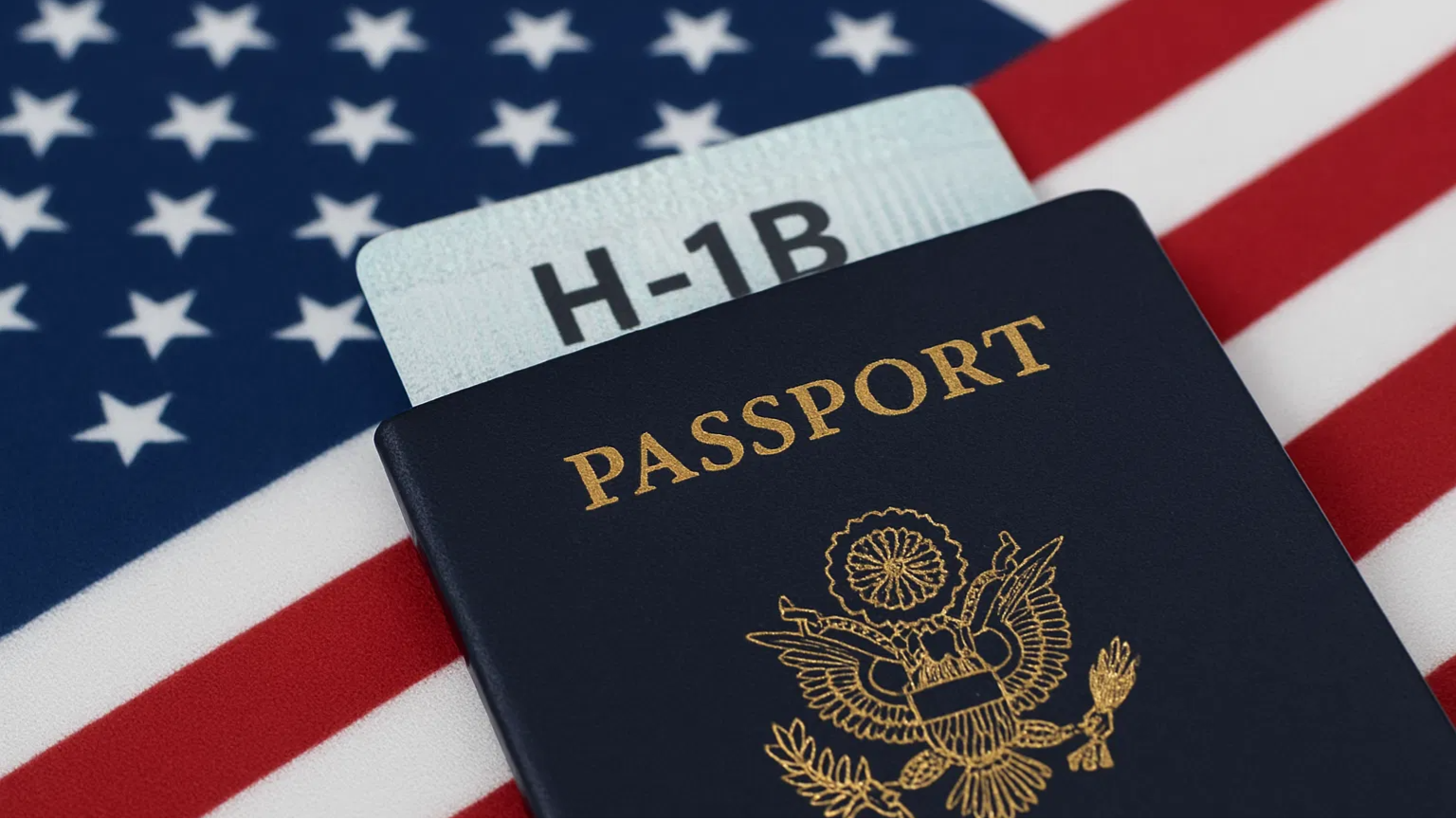Changes to H-1B are being implemented again, and this time around, they may prove more difficult for foreign professionals, particularly Indians, who wish to reside and labour in the United States.
The H-1b visa, designed to help US employers hire skilled foreign professionals for “speciality occupations,” has long been a gateway for Indian professionals to enter the American workforce.
Notably, 65,000 H-1b visas are issued each year, with 20,000 more slots reserved for individuals who earned advanced degrees in the United States.
Newsweek reported the White House isn’t done yet; more reforms could be on the horizon as part of its broader push to “tighten” the flow of skilled labour from abroad.
Earlier this month, Donald Trump signed an executive order introducing a hefty new cost burden on H-1B aspirants: a $100,000 application fee.
However, it was later clarified that the one-time fee would apply only to new visa holders who are still submitting their applications. Still, the move has cast grave doubts on accessibility and equity in one of the most demanded visa programs worldwide.
New H-1b policy created ripples across US campuses and companies
Several universities, including the University of California, have issued advisories urging, “The recent decision by the White House has caused panic among many, including US firms and universities, which are now advising their students and employees to postpone travel plans,” a Newsweek report noted.
The University of California specifically advised faculty and staff to “keep travel plans on hold amid H-1B chaos.”
What’s changing in the H-1B system?
Newsweek examined documents in the Federal Register concerning the H-1B Non-immigrant Visa Classification Program to break down the proposed reforms.
One of the most notable ones would be the possible narrowing of the scope of speciality occupations. This is not a new concept because the Trump administration proposed a similar one in 2020, stating that the qualifications for a job need to be directly related to the candidate's degree.
The other big change may be a review of the organisations that are already outside the yearly limit of visas. Currently, the universities, non-governmental organisations and the healthcare facilities are free of taxes but that might change soon.



